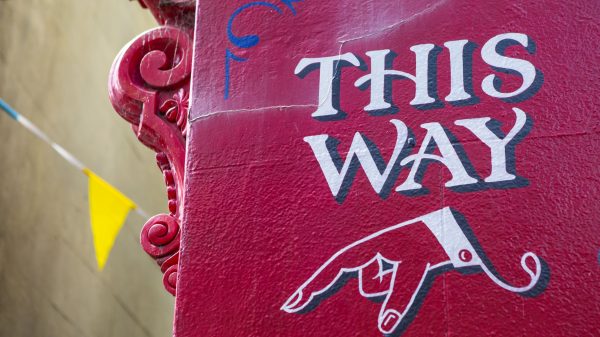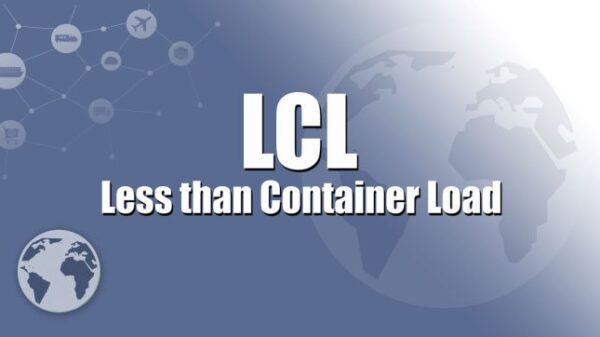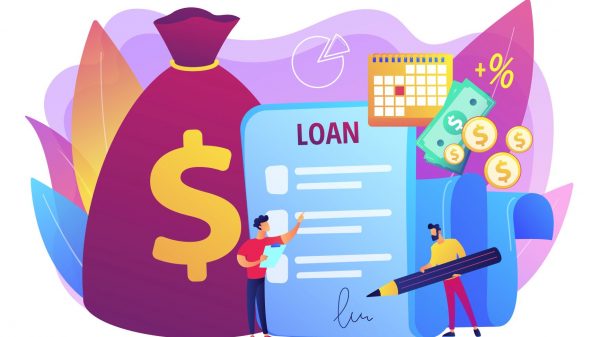Nowadays, most people carry some form of debt. Debt is an obligation that someone, the debtor, pays to the party who extended the credit or the creditor. The payment is typically agreed upon with terms beneficial to both parties. A creditor can extend loans to debtors at varying payment lengths and interest tenors. A debtor who doesn’t pay the agreed-upon payment gets sanctioned with penalties or their collateral withheld. Such missteps can prove detrimental to an individual’s net worth, and some people fall into this trap.
An investor can face debt, especially in the real estate investment business. If they wish to evade such problems, they must work with a financial advisor for mortgages to ensure that they have everything down pat. The records and the management needed to keep the mortgages straight can be pretty demanding, and having an advisor guide you will be essential. Finding such a reputable professional is integral to success.
Here are some debt management strategies that people can consider.
Review the budget
Before doing anything, assess the current budgetary situation. First, look into the cash flow sources and determine whether they’ll continue to be constant or if there will be changes within the next few months. Next, look at the money coming in and the money coming out. Find the weak points and determine how one can stem the tide. Finally, gauge the situation and plan the next steps.
Review and prioritise debts
Individuals mired in debt must review their obligations and analyse which ones are highly outstanding and need immediate attention. They will have to prioritise the debts based on various factors to ensure they can pay them off as quickly as possible. Find out which debts are the largest and need faster payoff times to ease the burden fast.
Improve cash flow
One thing that keeps people in debt is decreased cash flow, leading to less disposable income to pay off debtors. One way to improve the situation is to improve cash flow. Analyse the receivables and payable management and prioritise invoicing and collection in a timely manner. Finding the problem areas in the process will help realise better cash flow. Look at the budget and remove anything that isn’t necessary to improve cash reserves. It can be challenging to improve cash flow, but it is doable.
Look into debt consolidation and refinancing
One of the best ways to pay off debtors is to consolidate all debts into one account. Explore the option of being under one general creditor to simplify the debt structure. If an individual can work out a plan to consolidate all payables into one account and negotiate better terms, it will make things a whole lot easier. This is called refinancing, and it will combine all outstanding debts into one facility to help the debtor pay off the liens at a more convenient term.
Endnotes
People can become mired in debt if they’re not financially literate enough to avoid possible pitfalls. Therefore, it’s necessary to gauge the situation and take the steps required to extricate oneself from such a predicament faster and more efficiently.


















































